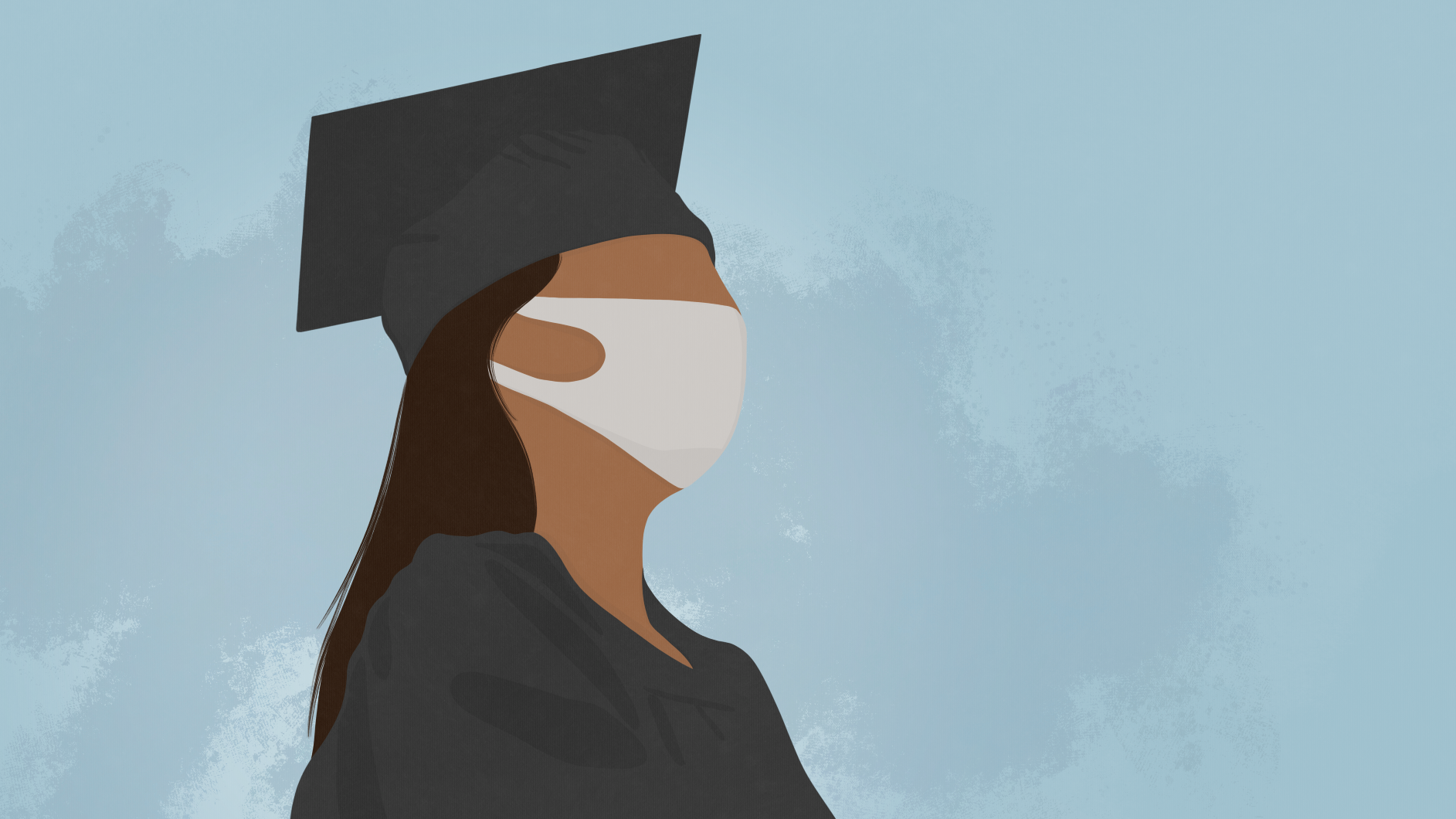When Congress signed the CARES Act (Coronavirus Aid, Relief, and Economic Security Act) into law on March 27th, 2020, many students with federally-held loans became eligible for remedies within the Act meant to lighten the load of student debt.
For most students, provisions within the Act allow qualified borrowers to skip payments for a number of months. However, millions of other borrowers must continue with usual payments.
Contents
- CARES Act Student Loan Provisions
- What Student Loans are Covered by the CARES Act?
- Issues Surrounding the CARES Act and Student Loans
- Explainer Video
CARES Act Student Loan Provisions
The key provisions in the CARES Act governing student loans are as follows:
- Payment suspension. Payments on federally-held student loans are suspended from March 13th, 2020, to September 30th, 2020. Payment suspension began automatically for qualified borrowers and requires no action. If you make a payment on a loan after March 13th, 2020, you may request a refund. If you decide to continue payments, they will be fully applied to the loan principal.
- Interest waiver. Interest will not accrue on federally-held student loans from March 13th, 2020 to September 30th, 2020. Loan interest is automatically set to zero and requires no action. Those that are able to continue payments can take advantage of the period of zero interest and can pay down their loans faster.
- Collection suspension. The CARES Act suspends all collections of federally-held loans that fall into default, which includes tax seizures, wage garnishments, seizure of social security benefits, and other matters that would fall under involuntary collection, until September 30th, 2020.
- Credit reporting. A student borrower’s credit will not be negatively affected due to payment suspensions, and during the relief period up until September 30th, 2020, reporting would show as if students made their regular payments.
Know that the forbearance, or suspension of payments, is not payment forgiveness. Rather, it’s a pause in payments. However, you will be eligible for payment forgiveness if:
- You’re currently in an income-driven repayment plan
- You’re a qualifying borrower participating in PSLF (Public Service Loan Forgiveness)
If you meet the criteria of these programs, each month of suspended payments will count toward loan forgiveness as if you had made a payment.
What Student Loans are Covered by the CARES Act?
Unfortunately, not all student borrowers are eligible for benefits. Only federally-held loans, which make up the majority of student loans, are subject to the provisions set forth by the CARES Act.
Covered: Direct loans, FFEL loans (Federal Family Education Loans), and federal Perkins loans currently owned by the Department of Education.
Not Covered: Commercial FFEL loans, private loans, regular Perkins loans, and any other non-federally-held loans.
What Are My Options if My Loan Isn’t Covered?
Though other lenders aren’t required by law to allow payment suspension, some are doing so on a voluntary basis. If your loan is not a Direct or FFEL loan owned by the DOE, reach out to your lender to discuss your options. It’s important to speak with your lender as soon as possible, as they may independently allow some of the provisions listed in the CARES Act.
Issues Surrounding the CARES Act and Student Loans
Now that we are a few months into the passage of the Act, there have been some reports of issues from borrowers that qualify for student loan forgiveness.
- Some borrowers have incurred damaged credit. Even though the CARES Act specifically states that borrowers would not be harmed as a result of automatic processing, some borrowers saw their credit scores dip, which has led to lawsuits.
- Reports of illegal tax refund seizures. The CARES Act required all federal tax refund seizures for students that were in default to be halted, but over $2 billion in tax refunds meant for student borrowers were illegally rerouted.
These and additional matters befalling qualified borrowers may be able to be remediated. If you’re a student borrower experiencing any of the above problems, it’s recommended to reach out to an attorney.
